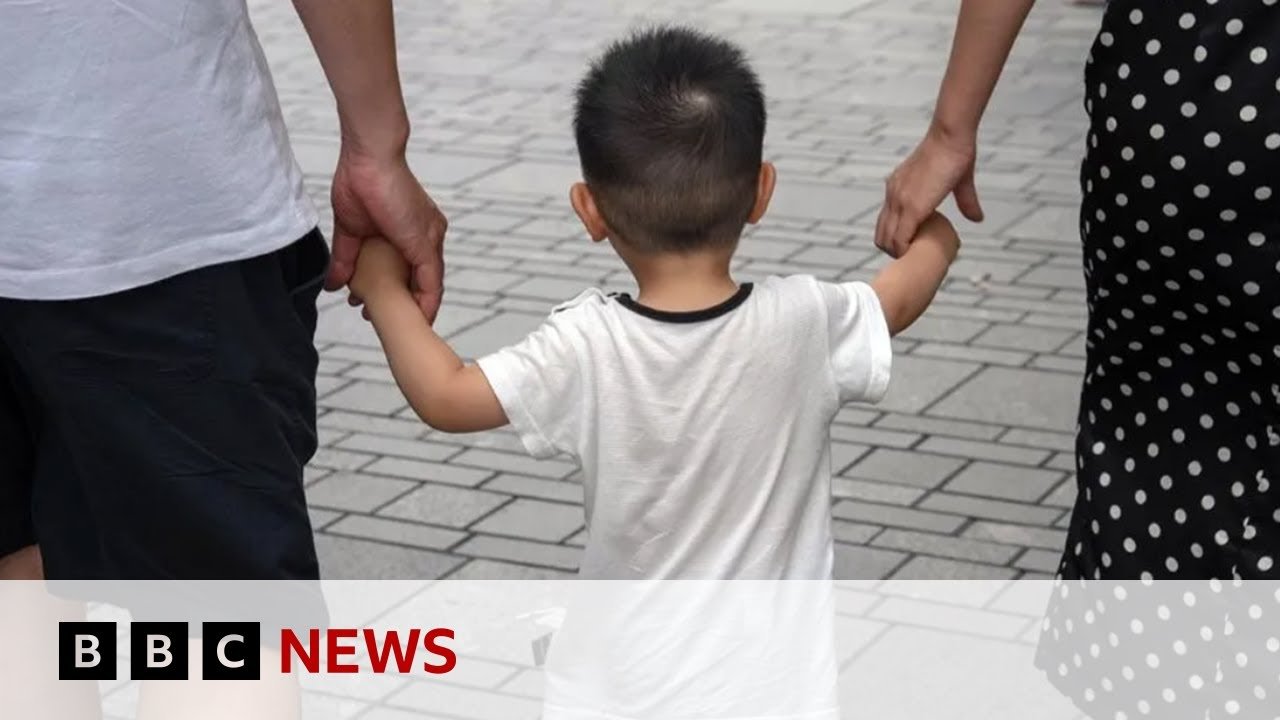- China has ended its practice of allowing children to be adopted by overseas families, impacting adoptions that have predominantly involved the United States.
- The change is described as being in line with the spirit of international agreements and aims to keep Chinese children within their cultural and national context.
- Exceptions will be made for the adoption of children by foreigners who are collateral relatives by blood of the same generation or within three generations.
- The policy adjustment reflects China’s concern over its demographic changes and the value placed on children in a society that has shifted from advocating for one child to encouraging families to have three or more.
- There is an increased emphasis on domestic adoption and foster care to address the needs of children with special needs and to promote the upbringing of children within Chinese values and culture.
- China’s move is also seen as an expression of national pride, signaling that the country has reached a socioeconomic status where it can adequately care for its children without needing to place them for adoption abroad.
- Efforts to facilitate domestic adoption have intensified, reflecting changing attitudes towards adoption and the desire among Chinese couples to adopt domestically if they are unable to conceive naturally.
The British Broadcasting Corporation is a British public service broadcaster headquartered at Broadcasting House in London. Originally established in 1922 as the British Broadcasting Company, it evolved into its current state with its current name on New Year’s Day 1927.
AllSides Media Bias Rating: Center
https://www.allsides.com/news-source/bbc-news-media-bias
Official website: https://www.bbc.com/
Original video here.
This summary has been generated by AI.

Leave a Reply